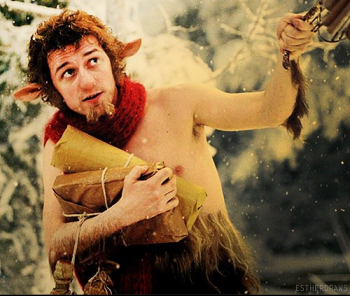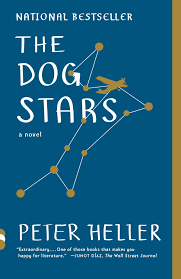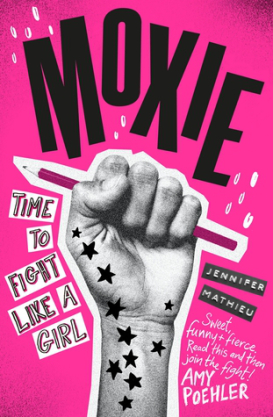I can easily recall a scene played out many afternoons when I was in elementary school. I’d sway forward and backward on the porch swing, my feet pushing off against the wood deck. A classmate sat in a lawn chair facing me, quizzing me on dates and battles for an upcoming history test. Forward, then back, the rhythm helping me lodge facts in my brain, at least long enough to pass the test.
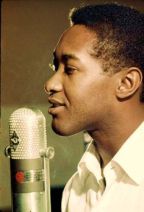 That’s how I remember history classes in elementary and high school—memorizing dates, mostly of wars, and the names of men who led those wars. No analysis, few references to women, and no questions about whether anything was left out. To paraphrase Sam Cooke in “What a Wonderful World,” I don’t know much about history.
That’s how I remember history classes in elementary and high school—memorizing dates, mostly of wars, and the names of men who led those wars. No analysis, few references to women, and no questions about whether anything was left out. To paraphrase Sam Cooke in “What a Wonderful World,” I don’t know much about history.
Kenneth C. Davis, author of Don’t Know Much books for adults and children, has written for more than twenty-five years out of the belief that Americans don’t hate history, they just experience a dull version of it in school. While that is true for me, I’ve been aware for too long that what I DO know about history isn’t enough for me to be a responsive and responsible citizen.
 Longer ago than I care to admit, I resolved to fill some of the gaps in my knowledge of U.S. history. I haven’t read Davis’s numerous “don’t know much about…” history books, but this claim makes them sound engaging: “…busting myths, setting the record straight, and always remembering that fun is not a four-word letter word.”
Longer ago than I care to admit, I resolved to fill some of the gaps in my knowledge of U.S. history. I haven’t read Davis’s numerous “don’t know much about…” history books, but this claim makes them sound engaging: “…busting myths, setting the record straight, and always remembering that fun is not a four-word letter word.”
 What I am making my way through—slowly—is A People’s History of the United States by Howard Zinn. At nearly 700 pages, the latest edition covers 1492 through President Clinton’s first term. Zinn’s approach, however, is different from any of the history books I studied in school. He tells America’s story from the point of view of—and in the words of—America’s women, factory workers, African-Americans, Native Americans, the working poor, and immigrant laborers. The battles he researched and wrote about include the fights for a fair wage, an eight-hour workday, child-labor laws, health and safety standards, universal suffrage, women’s rights, and racial equality.
What I am making my way through—slowly—is A People’s History of the United States by Howard Zinn. At nearly 700 pages, the latest edition covers 1492 through President Clinton’s first term. Zinn’s approach, however, is different from any of the history books I studied in school. He tells America’s story from the point of view of—and in the words of—America’s women, factory workers, African-Americans, Native Americans, the working poor, and immigrant laborers. The battles he researched and wrote about include the fights for a fair wage, an eight-hour workday, child-labor laws, health and safety standards, universal suffrage, women’s rights, and racial equality.
Historian David McCullough describes history as “an aid to navigation in such troubled uncertain times. … All problems have histories and the wisest route to a successful solution to nearly any problem begins with understanding its history. Indeed, almost any attempt to solve a problem without an understanding of its history is to court failure — an example, our tragic plunge into Vietnam with hardly a notion of its past.” When John Avlon recently wrote about McCullough in The Daily Beast, he suggested that, “reading American history is an act of resistance.” I agree, and I have a lot of reading to do. I believe that if we all knew more about history, what a wonderful world it would be.
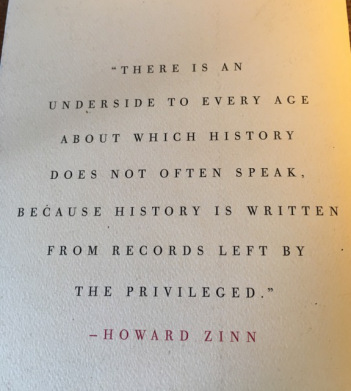
Share this:
